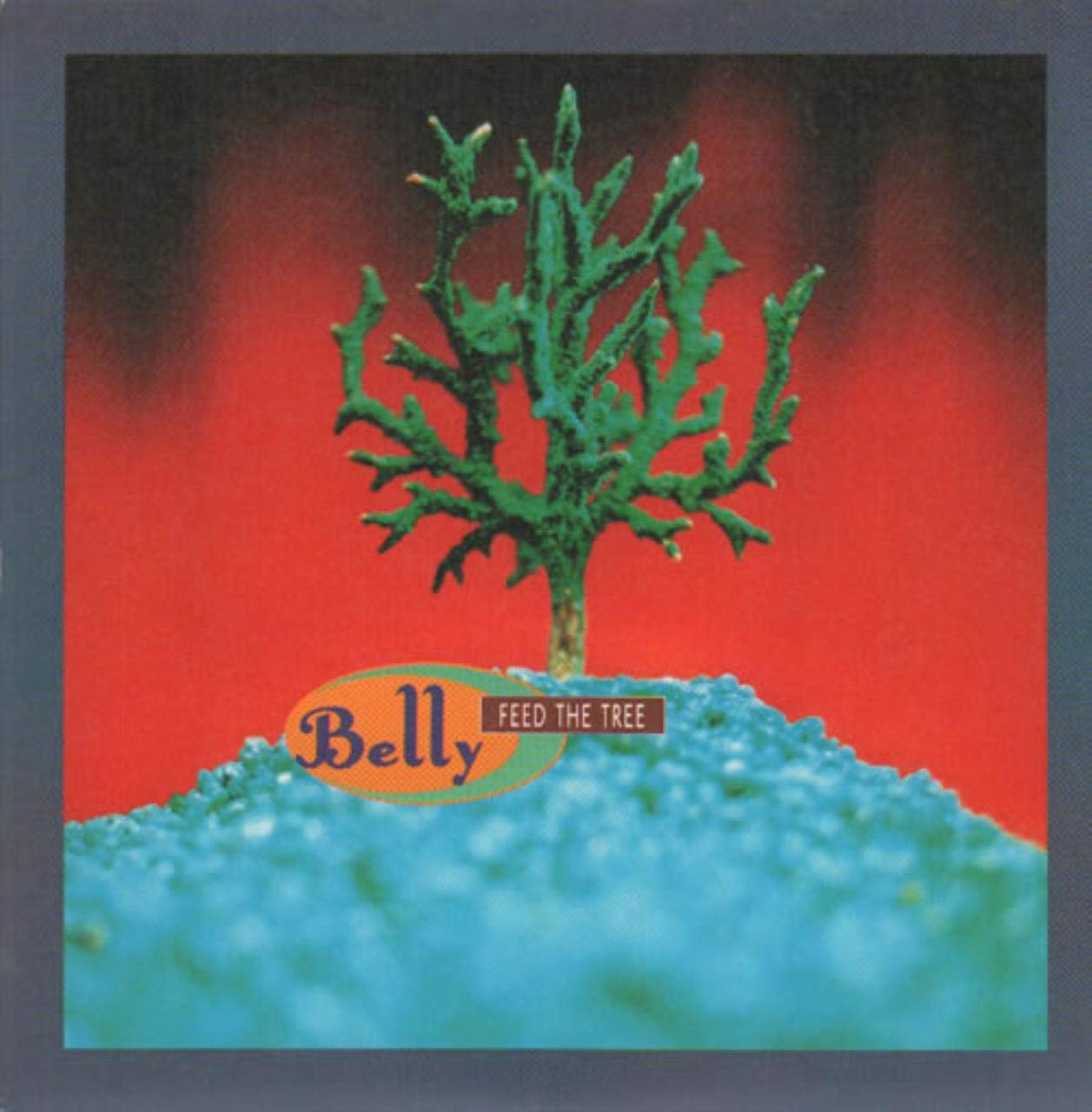Belly: Feed The Tree
[
purchase]
Belly was a band formed by Tanya Donnelly, who had been in Throwing Muses and The Breeders. They put out a great album in 1993, a less great album in 1995, broke up in 1996 and have recently reformed.
The big song off the great album (
Star), “Feed The Tree,” was both dreamy and propulsive, with a great hook. It became a big hit on MTV when that was a thing, topped the
Billboard Modern Rock chart, and broke into the Hot 100. I didn’t quite know what the song meant when I was blasting it back in the 90s, but later understood it to from the perspective of a dead person, buried under a tree, talking to a visiting mourner.
Googling the song before writing, I found a much repeated quote from Donnelly (although I haven’t been able to find the primary source, which probably would have annoyed my senior thesis advisor) in the
Illinois Entertainer, in which she said that the song is about commitment and respect. The metaphor is the tree that would be planted on large farms as a point of reference to getting around (the only tree sometimes). Because nothing would grow under the large tree, the family would be buried under it.
My father-in-law died last week. He loved classical music and jazz, and some folk, but I suspect that he would not have been particularly fond of Belly, or the song. But he did love trees. In fact, he loved all beautiful things—he was an architect with an incredible eye, a remarkable photographer, a devoted college professor, and an artist and a lover of art, who, with my mother-in-law, turned an ordinary house into a sanctuary filled with art—including his photographs (and my wife’s), his drawings and other projects, works purchased from artist friends and acquaintances, and items picked up on their travels around the world—most notably museum-quality African sculpture.
The house is surrounded by acres of woods, in which they (until he was unable to walk easily) spent many hours walking, admiring the forest, and cleaning up the inevitable debris in an attempt to improve on nature. Back when my kids were little, we would go into the woods and choose one of the small pine trees that he had identified and nurtured during the year to use as a Christmas tree. As someone who
grew up without a tree during the holidays, I enjoyed the tradition, too.
My mother-in-law, in her late eighties, still scampers through the woods more nimbly than people decades younger (like me, who has referred to these nature walks as “forced marches”). And just recently, they acted on a long-discussed plan, donating the bulk of the property to the local land conservation trust, so that others can enjoy the trees (and the two brooks), freely, and without fear of development.
There is also a beautiful katsura tree on their property (on the part they didn’t give away) that always seemed to bring him enormous joy. It is a beautiful tree, which has leaves that change color from reddish-purple, to blue-green as they mature, and then yellow in autumn. He loved that tree.
My in-laws have donated their bodies to the University of Connecticut Medical School, so for the short term, his body will be used to train doctors, and then cremated, so he won’t be feeding any trees after death. But during his life, he fed many trees. And minds, and hearts, and eyes, and brains.






























































































































































































































































































































































































